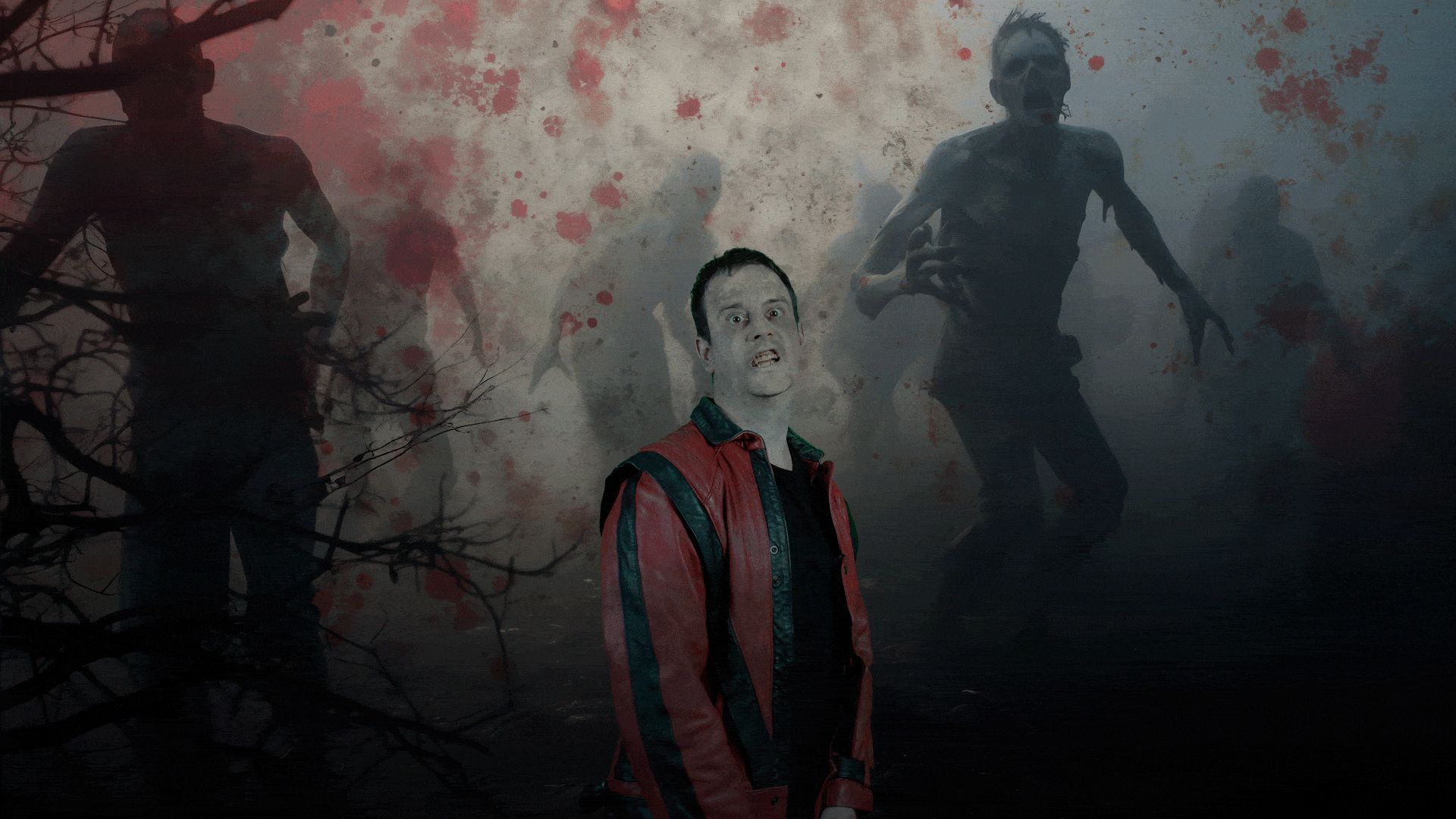Social media giant Facebook is set to begin asking its users to upload a selfie of themselves in order to verify that they are a real person and not a robot.
The Californian company is currently testing the feature, which is known as its automated photo verification process, among a small group of users. It will check that the image being uploaded is unique. The message Facebook shows as part of the process asks the user to upload a photo that clearly depicts their face.
After the user has uploaded an image to confirm their identity, Facebook will then check the photograph before assuring the user that it will be permanently deleted from its servers.
The photo verification process is an alternative to the more frequent CAPTCHA tests, which vary between ticking a box, spelling out a couple of words and selecting different types of images. The point of CAPTCHA tests (Completely Automated Public Turing test to tell Computers and Humans Apart) is to present the user with a challenge that proves that they are human and not a bot designed to spread spam and viruses.
A spokesperson for Facebook has said that the company may ask its users to provide proof that they are a real person when the company’s systems suspect any suspicious activity. The spokesperson added that one of the ways Facebook does this is to ask the owner of the account being accessed to provide a picture of themselves as verification, which is then destroyed by the company’s servers.
One of the reasons why the social site has begun with this feature is to help battle against the number of fake profiles and automated, bot-driven accounts from setting up on the sites that can send Friend Requests, set up payments for ads and other functions, and create ads. It is a way the company can catch suspicious activity.
This isn’t the first feature that the site has introduced in recent months that requires users to send in photos. In November, it introduced a feature to help combat revenge porn and nude photo leaks. If a user feels that sensitive content may be made public, then Facebook will ask the user to send in the content themselves so that it can transform these photos into what is essentially a digital fingerprint, and instantly block anyone else from trying to upload those images.
While people may be reluctant to send in nude photos, many people, especially the younger generation, would have no problem posing for a few selfies – just refrain from adding the dog face filter from Snapchat!
- Chrome to warn users regarding insecure web forms - August 20, 2020
- Google trials virtual business cards in India - August 14, 2020
- DuckDuckGo claims Google market share would drop if users given choice - August 11, 2020




